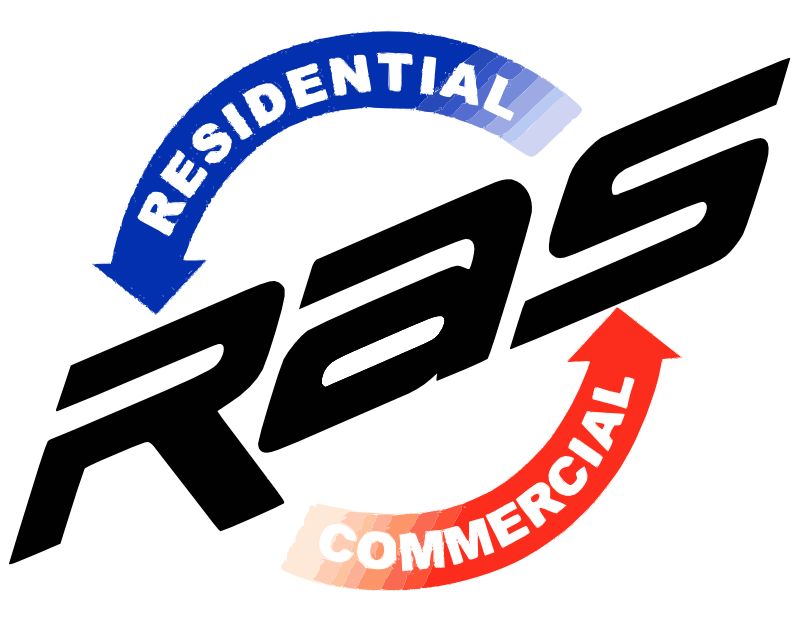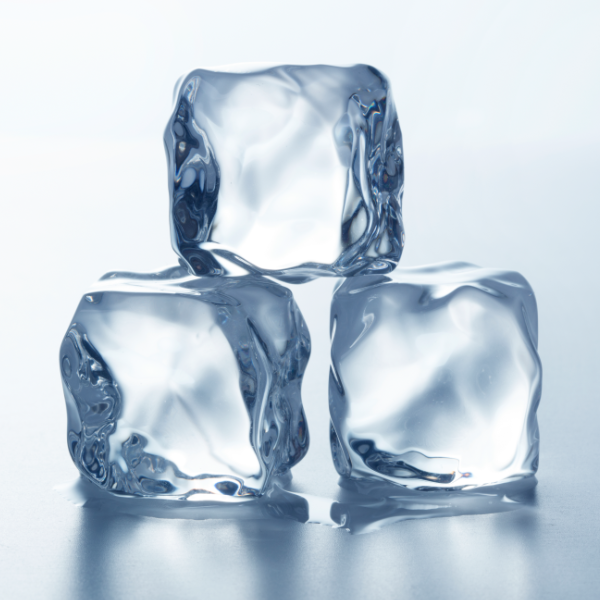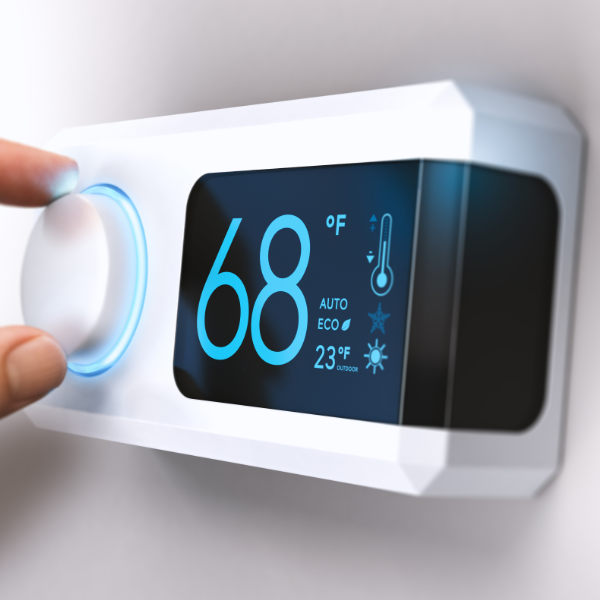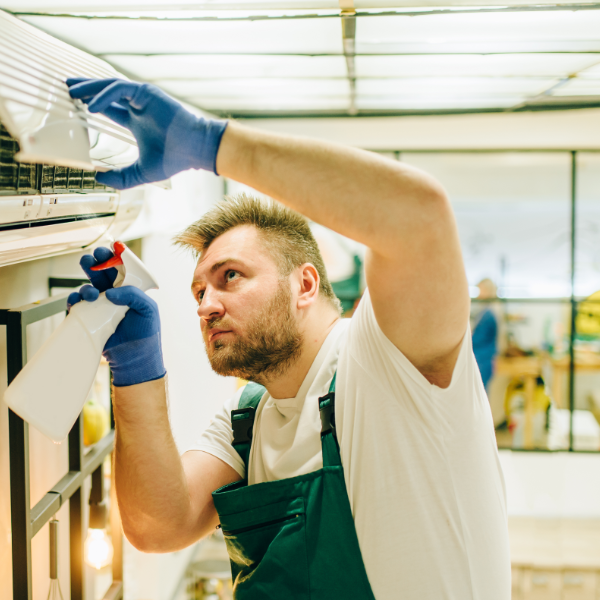A furnace’s heat exchanger does more than heat the air, it also keeps harmful gases from leaking before they are dispelled out the exhaust vent. A heat exchanger’s seal has to be airtight to work right, but frequent overheating or corrosion can compromise the seal, and the air in your home.
Cracked Heat Exchanger from Overheating
Airflow is essential for a heating system to operate at optimal performance. Lack of it can damage and even break a furnace. Something as minor as accumulated pet dander and dust has the potential to clog filters and other components, leading to malfunction. Problems with gas regulators, limit switches, and blowers can also result in a system overheating.
If your heat exchanger isn’t working right, you may notice:
- Flame is not blue
- Black soot on furnace, walls, or ceiling
- Odd smell in the air
- Strange sounds
- Visible cracks or corrosion
- Short cycling
- CO detected by gas alarm
When to Call an HVAC Professional Immediately
If you notice a possible sign that your furnace’s heat exchanger is compromised, call RAS right away for an emergency appointment. Safety is our number one priority.
Know the Signs of CO Poisoning
Heat exchangers pose a serious health concern because they can leak Carbon Monoxide (CO) into your home’s air. Dizziness, fatigue, nausea, confusion, impaired coordination, and headaches are some of the common symptoms of CO exposure. Unfortunately, many people don’t notice the effects until higher exposure, or not at all if they are asleep. The body will replace oxygen in the red blood cells with carbon monoxide, risking serious tissue damage and even death. 20,000 people in the U.S. are admitted to the emergency room every year for accidental CO poisoning unrelated to fires, and hundreds die.
Proactive measures save lives.
CO detectors will alert you if levels of CO rise above normal in your home. Remember to routinely test the batteries in smoke alarms and CO detectors, at least every year. It could be helpful to designate a certain month to take care of proactive tasks around the home, such as “Safety September.” Here are some other tips to keep your indoor air safe: Prevent CO Poisoning.
Can a broken heat exchanger be repaired?
No, a cracked or otherwise damaged heat exchanger needs to be replaced. Repairing one is very rarely worth the cost to do so, and in many cases, the furnace is older in age, with other parts needing repair in the near future.
The best choice is almost always to replace the heat exchanger, or in some cases replace the entire unit. If you are considering replacing your furnace or HVAC, RAS offers leading brand units guaranteed to be highly effective, energy-efficient, and at an affordable price. Choose the right system to fit your needs, space and style from our extensive selection
Reduce the Risk of Heat Exchanger Damage
In addition to overheating from parts malfunctioning and/or blocked airflow, time simply takes a toll on heating systems like everything else. Seasonal maintenance and replacing filters frequently can help to prolong a heat exchanger’s lifespan. During routine servicing, HVAC technicians inspect for early signs of corrosion, dirt or soot build-up, and the condition of each component of a system. Checking for issues at least every year can help to avoid overheating from malfunctioning parts.
Most people admit they don’t change their air filter as often as recommended. Aim for at least every three months, though in cases of poor air quality or high humidity, monthly filter change-outs may be required for optimal furnace performance. Blocked airflow greatly affects energy consumption and will strain a heating (and cooling) system. Any time the unit has to work harder, the risk of damage to various parts increases.
Diligent maintenance and clean filters help to avoid overheating issues that can lead to bigger furnace problems.
Houston Heater Repairs and Maintenance You Can Rely On
RAS TX offers the Houston area homeowners and businesses quality, friendly, professional HVAC services. For quotes on HVAC repairs, heater or A/C installation, and air quality resources, contact RAS.





